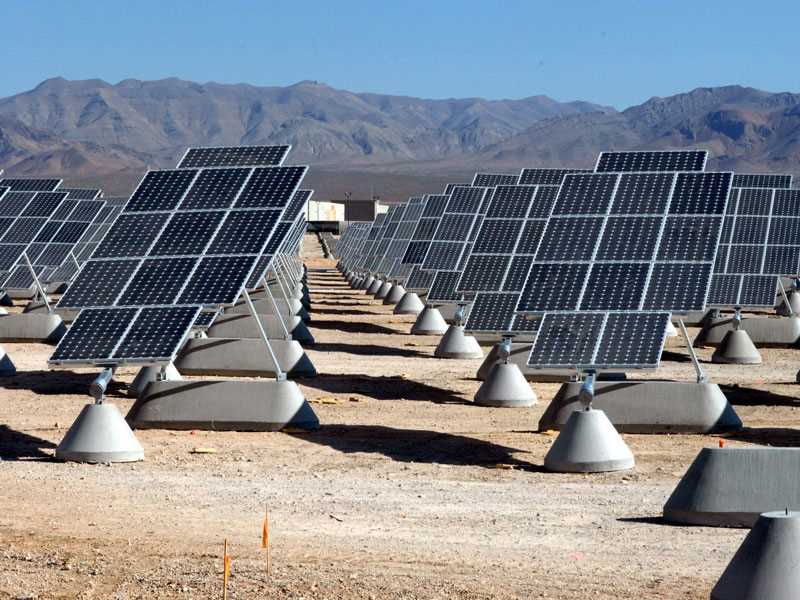Energy engineering or energy systems engineering is one of the branches of engineering that deals with the generation and transfer of various forms of energy in an efficient, safe and economically feasible manner. It can be used in all fields of industry. Energy engineering has become an important field of study in recent times due to the growing demand for energy. Other renewable forms of energy are an economic necessity.
Contents of the study
The study of energy engineering at the undergraduate level includes the following subjects:
Energy and Environment Studies
Renewable Energy Studies
Studies of fluid properties
Energy studies in general
Mathematics Studies
New forms of renewable energy
Industrial Management
Studies in economics
Methods of measurement and control of energy
Pollution studies
Atmospheric Studies
The four-year study concludes with a graduation project.
Functional Probability
After graduation, the energy engineer can work in many fields such as power plants and major industrial companies. There are many career opportunities in this field worldwide. Students can also work in the same country of study after graduating. United Kingdom between £ 22,000 - £ 30,000 per year depending on the sub-specialization. Depending on the number of years of experience the engineer has, and often after a period of work and gaining practical experience in this area, the energy engineer's salary will increase between £ 30,000- £ 60,000 per year Prospect British Energy Engineers.
energy
Power engineering deals with the generation, transmission and distribution of electricity as well as the design of a range of related devices. These include transformers, generators and electric motors.
Elements of energy engineering
Energy engineering is an interconnected network of elements that transform different forms of energy into electrical energy. Modern energy engineering consists of three main subsystems: power generation system, power transmission system and power distribution system. In the power generation system, the power plant generates electricity. The power transmission system transmits electricity to the load centers. The power distribution system continues to transfer power to customers.
The nature of work in the field of energy systems engineering
Energy engineering is an up-to-date profession as it was a secondary branch of electrical engineering before it became a specialty in itself. The energy engineer or energy systems engineer works within a broad area of energy engineering. His work involves designing and developing efficient energy systems for renewable energy and their systems of use and applying methods to integrate renewable energy technology. The public sector energy engineer is usually responsible for maintaining network components that convert various forms of energy into electricity and manages any of the three power engineering systems that include a sub-generating system, a sub-transmission system or a sub-distribution system. It is also responsible for system-related electrical tools including transformers, generators and motors. Usually the duties of the energy engineer are to ensure that all the tools are working optimally and that they must work according to the safety regulations.
The energy engineer is usually responsible for ensuring that networks work and that all components including generators, turbines, pumps, air cooling systems and heat exchangers work well and conform to safety regulations and quality standards. When installing the new systems, the Engineer will perform detailed calculations and analyzes to determine the specifications and criteria of construction, installation or industry.
Work environment
The power grid technology industry is a daily task for an energy engineer, whether employed in power plants or in industrial facilities. The energy engineer usually meets other engineers and customers to discuss current or future projects and check existing equipment to make sure everything is working properly. The engineer performs his work standing or lying or lying on his knees in difficult situations and climbing on the stairs. Noise and high sounds are normal when testing engines so they have to protect their ears. The energy engineer works full time for eight hours a day in the regular shift system and may have to work overtime or on weekends.
Turkey's distinguished universities in the field of energy systems engineering
Istanbul Istanbul University
University of Cadres Haas








